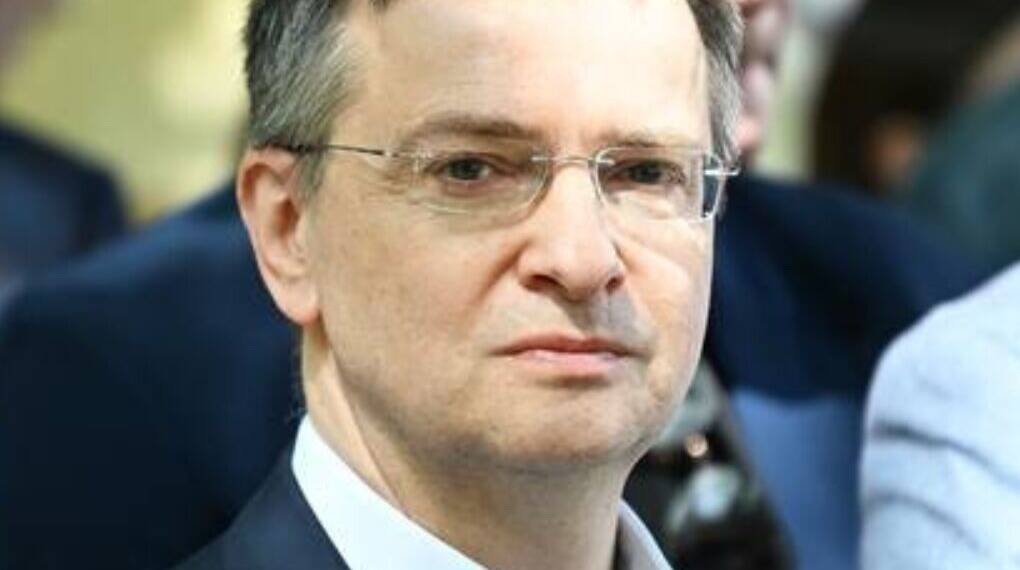Russia has accused Ukraine of unexpectedly postponing the handover of fallen Ukrainian soldiers’ remains and delaying a scheduled prisoner exchange, according to statements made by Vladimir Medinsky, Moscow’s lead negotiator in the ongoing peace talks between the two countries.
Medinsky revealed that Russia had prepared and transported the bodies of 1,212 Ukrainian troops in refrigerated trucks to a designated exchange point along the border. “The first batch of frozen remains has already arrived in refrigerated trucks at the exchange area,” he stated. “The rest are on their way.”
The Russian negotiator expressed frustration over what he described as Ukraine’s sudden and unexplained withdrawal from the process. The contact group of the Russian Ministry of Defense is on the border with Ukraine. However, the Ukrainian side unexpectedly postponed both the acceptance of bodies and the exchange of prisoners of war for an indefinite period,” he wrote on social media.
In addition to the remains, Medinsky noted that Russia had provided Kiev with a list of 640 prisoners of war, primarily the heavily wounded and younger captives, who were slated for repatriation as part of a humanitarian initiative. He claimed Ukraine not only failed to show up at the designated location but also did not offer clear explanations for its absence.
“The reasons Kiev provided to justify its decision are various, and rather strange,” Medinsky remarked, without disclosing any specific details.
Russia has called on Ukraine to “strictly adhere to the schedule and all agreements that had been reached,” urging authorities in Kyiv to proceed with the exchange process to ensure the wounded can return home and the dead receive dignified burials.
There has been no official response from Ukrainian officials at the time of this publication. It remains unclear whether logistical issues, security concerns, or other factors led to the delay.
This development comes amid fragile ceasefire conditions and sporadic diplomatic engagements between the two nations, whose conflict has persisted for more than three years. The successful return of fallen soldiers and wounded prisoners has been seen as one of the few potential trust-building steps in the strained relations.
Observers and humanitarian organizations are closely monitoring the situation, urging both sides to prioritize the humanitarian aspects of wartime engagements despite political and military tensions.








